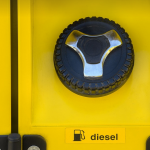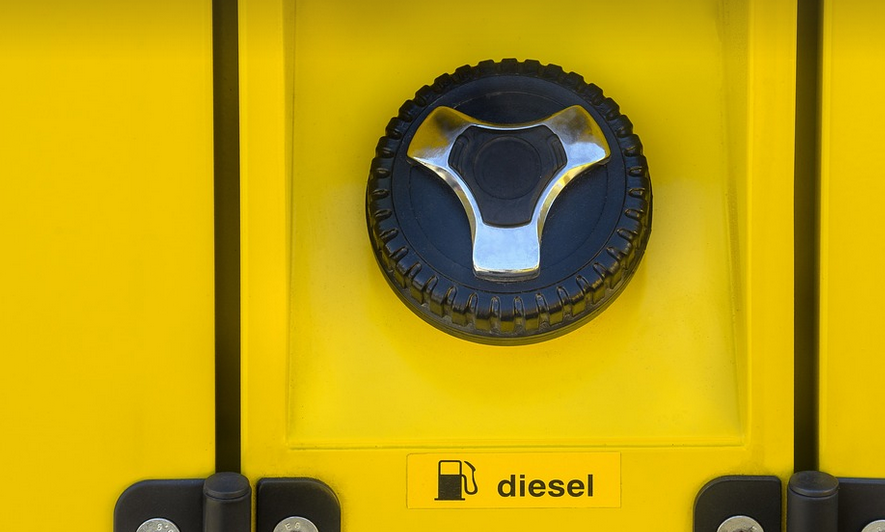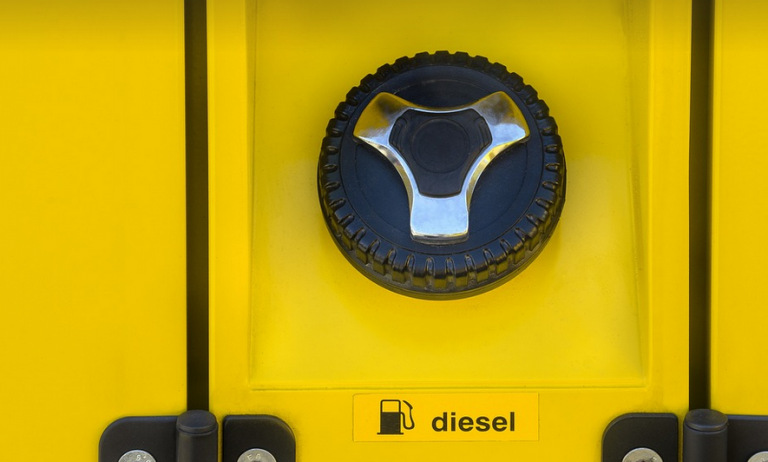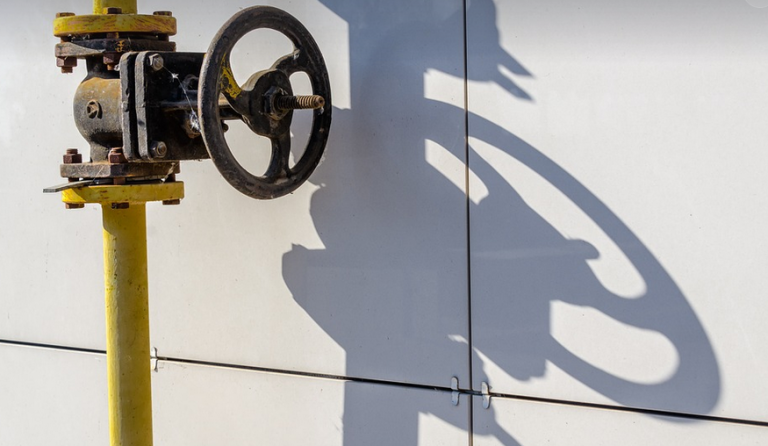What Exactly Is Cash Recycling?
Imagine this: you’re at the bank, standing in line for your regular deposit. You hand over those crisp bills, hoping for a faster transaction. But then, something remarkable happens – the money disappears from your hands and reappears on your account. This scenario might sound like magic, but it’s actually a key part of modern banking: cash recycling.
The Basic Idea
Cash recycling is a financial technique that allows banks to automatically process payments by scanning and transferring cash from customers’ accounts into their own bank accounts. It might seem like a simple concept, but it has revolutionized the entire way businesses operate, providing both convenience and efficiency.
How Does It Work?
Cash recycling is fueled by technology. Imagine a machine that can scan your cash deposit with high-speed cameras and optical sensors, then magically transfer this money into your account. Sounds futuristic, right? This is precisely how it works!
Banks use sophisticated software to analyze the scanned images of cash deposited. This software checks for counterfeit notes, detects any damaged bills or coins, accurately counts the amount, and ensures the total deposit matches the amount entered by the customer. The bank then automatically transfers this money into your account, as if it were a simple online transaction.
The Advantages of Cash Recycling
Cash recycling brings a plethora of benefits to banks and customers alike. Here’s why:
* **Increased efficiency:** This system streamlines the traditional cash deposit process, eliminating manual counting, sorting, and verification. * **Reduced wait times**: Customers can bypass lengthy queues at the teller counter and benefit from faster transactions. * **Enhanced security:** Automated scans help prevent fraud by minimizing human error in identifying real bills. It also minimizes the risk of stolen money due to reduced handling during cash deposit.
For banks, this tech leap provides:
* **Maximized revenue:** Cash recycling allows for increased transaction volume and more efficient processing, leading to a higher rate of income per customer. * **Reduced operational costs:** Automation minimizes the need for manual labor, resulting in cost savings for the bank.
Cash Recycling: A Boon for Everyone
Cash recycling is revolutionizing the way money flows between banks and customers. While its origins lie with traditional banking, it’s quickly becoming a cornerstone of modern financial processes across various sectors.
* **Businesses:** Businesses benefit from faster transactions and reduced operational costs associated with handling cash. * **Customers:** Customers enjoy the convenience of depositing money without the hassle of queuing up or dealing with large, bulky bills.
The Future Of Cash Recycling
As technology continues to evolve at a rapid pace, so too will cash recycling. We can expect to see:
* **Increased speed:** Advanced machine learning and AI will enable faster processing times, allowing for even quicker transactions.
* **Enhanced security:** The use of blockchain technology could revolutionize how bank transactions are recorded, making them both secure and transparent. This would eliminate fraud risks and streamline operations further.
Cash recycling may seem like a simple advancement in banking, but it represents a significant leap towards a more efficient and secure financial system for everyone involved.



















